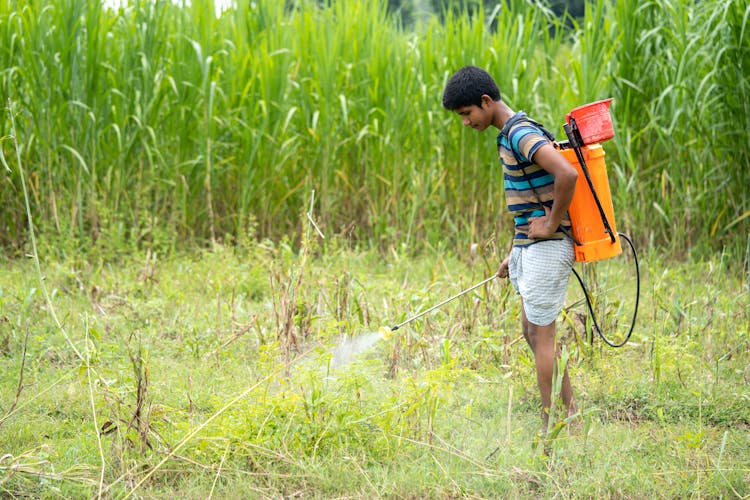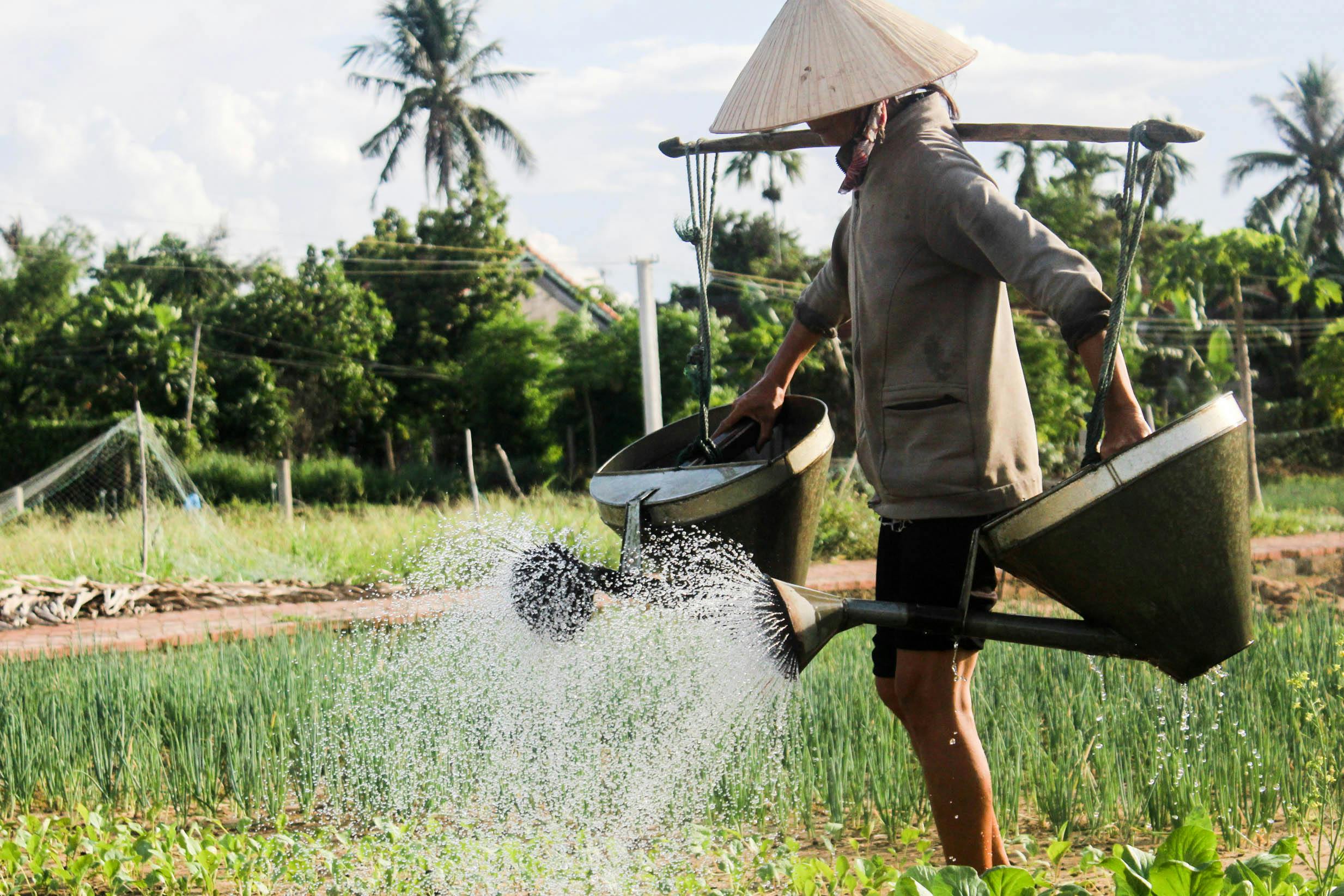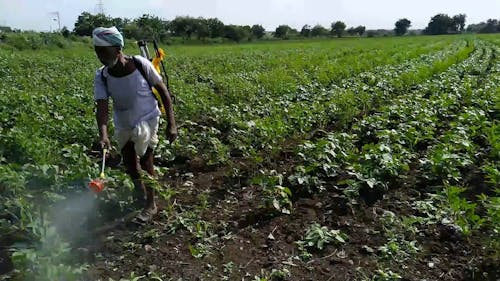All Categories
Featured
Table of Contents

Pesticides, formulated to eliminate crop-threatening species, often inadvertently affect non-target wildlife. The consequences for biodiversity and ecosystem health can be profound and far-reaching.
Research into the consequences of agricultural chemicals on ecosystems has consistently shown negative outcomes. Both terrestrial and aquatic life forms have all been affected, with issues ranging from population decline to behavioral changes.
One of the most disturbing phenomena linked to pesticide exposure is the decline in bee populations. Bees, crucial for pollination and thus global food production, have been showing up in fewer numbers, with their ability to return to their hives compromised. This decline not only threatens agricultural output but also the natural processes that maintain biodiversity.

Dangers Posed by Pesticides to Wildlife
The impact of pesticides on wildlife often involves direct or indirect toxicity, causing immediate death or long-term health issues. For example, insecticides meant to target pests like locusts and mosquitoes can also cause collateral damage to beneficial insects, disrupting ecological balance.

Aquatic systems are particularly vulnerable. Pesticides can wash into streams, rivers, and oceans, affecting fish, amphibians, and the invertebrates that form the foundation of aquatic food webs. Learn About Pesticide Impacts on Stream Fauna - $46.30
Amphibians, whose permeable skin makes them particularly sensitive to pollutants, are notably impacted by pesticide pollution. Studies show that exposure to even low levels of pesticides in water can lead to anomalies, reproductive issues, and immune deficiencies in these species.
Economic Considerations Linked to Pesticide Use and Wildlife Health
The economic implications of pesticide use are not limited to the direct costs of their application. Pesticide Impact on Wildlife Populations Loss of crucial pollinators like bees can cause significant declines in crop production, pushing up prices and destabilizing supply chains.
Furthermore, wildlife tourism, which generates significant income for many regions, can be adversely impacted by the loss of biodiversity due to pesticides. Areas renowned for their natural beauty and diverse species may see a decrease in tourist numbers if the local wildlife is decimated.

The Role of Organic Agriculture in Wildlife Conservation
Switching to organic farming practices represents a practical solution to the negative effects of traditional agricultural chemicals. Organic systems, which prohibit the use of synthetic pesticides and fertilizers, help to sustain natural ecosystems and encourage healthier wildlife populations.
Moreover, organic farming enhances soil health and increases its water retention capabilities, which not only benefits the microorganisms within the soil but also aids in the healthier development of plants. These improvements in habitat quality directly contribute to the wellbeing of wildlife.
By reducing the dependency on harmful pesticides, organic farming can promote a sustainable agricultural system that is beneficial for wildlife. Such practices not only alleviate the adverse effects associated with traditional agriculture but also promote general ecological health.
Latest Posts
Social Media Addiction: Indicators Impact and Strategies
A Comprehensive Guide to Musculoskeletal Health
Exploring Dual Fuel Generators